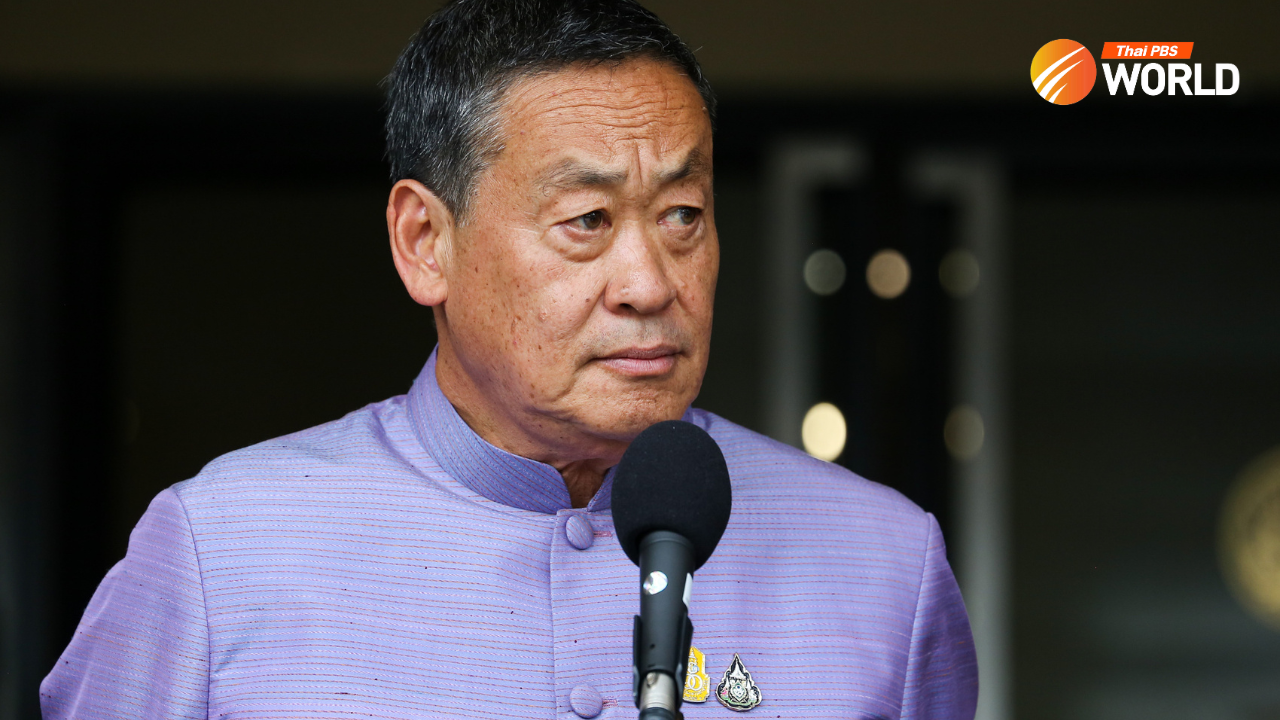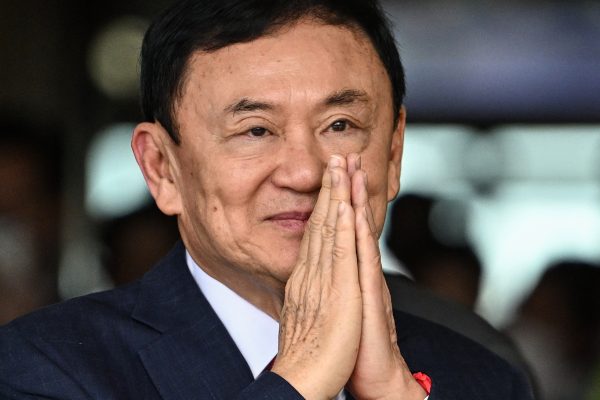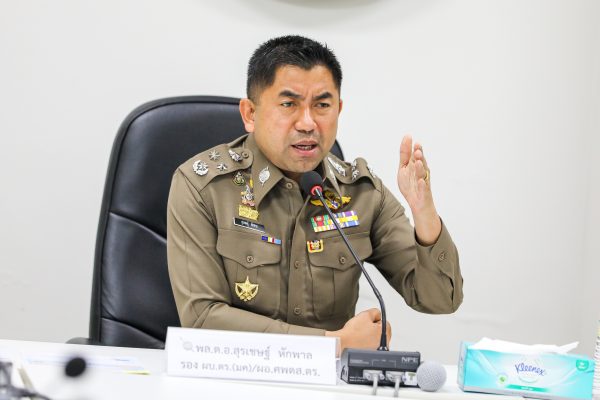Will digital wallet hang both Pheu Thai and conservatives from same rope?

One of the latest signs that all is not well with the government’s flagship policy is, again, the prime minister’s mood when asked about the matter this week after a crucial Cabinet meeting.
Srettha Thavisin said something along the lines of “Didn’t we agree that there was nothing left to talk about?”
Truth is that there is pretty much left to talk about. Most of all, Srettha was leaving a Cabinet session during which digital wallet had been supposed to be intensely discussed, a moment of truth for the conservatives who have largely kept away from the hot potato.
Politically, it’s bad for obvious reasons. Thailand’s divide was caused by disagreement over two main things: Were Pheu Thai leaders corrupt and deserved to be punished? And did “populist” policies of Pheu Thai, formerly People’s Power Party and Thai Rak Thai Party, destroy state monetary disciplines and encourage corruption?
Digital wallet represents the latter controversy. It reeks of unhealthy populism. Some suspect that it was designed to help big corporates. Last but not least, corruption alarm bell is ringing.
The Yingluck government’s rice pledging scheme and the Srettha government’s digital wallet are similar in many aspects. Conservative politicians launched no-holds-barred attacks on the former but have been conspicuously reticent regarding the latter.
Legally, it’s worse. For example, the Constitution states that the Cabinet is required to tell Parliament upon swearing-in how it will find money to fund state policies. That the Srettha government only became clear-cut on the “how” question just a few days ago is a potential trouble.
The constitutional will on the record points out that the requirement is aimed at preventing reckless populist policies from being implemented in complete disregard for the source(s) of funding. It is also designed to pre-empt unrealistic election advertisement that could make a political party win votes.
The legality of “money” will also continue to be controversial, especially when “normal” money from state budgets and farmers’ bank is turned into something that cannot be used anywhere and anytime.
Additionally, the political party law which supplements the Constitution requires campaigning parties to clearly show how they would fund their election promises. Again, this seeks to block pipe dreams or expensive vows associated with high economic risks.
Next is the legal headache concerning the state-owned Bank for Agriculture and Agricultural Cooperatives. The government recently abandoned its Bt500 billion legislative loan plan, hoping to steer clear of parliamentary troubles. Instead, Pheu Thai dipped into the normal annual budget for fiscal 2024 and 2025, extracting an estimated 175 billion baht and 152.7 billion baht respectively.
The rest of the money, totaling around 172.3 billion baht would hopefully come from the BAAC.
But should a major refuge, or last resort, of needy farmers allocate a big chunk of its asset to give birth to a political agenda that many don’t agree with? The question can be both legal and political.
Budgetary money may face less-intense questioning, but the fact that tax-payers’ contributions are needed to make digital wallet possible will make the issue potentially explosive all the same.
Now, the Central Bank. The Bank of Thailand has never stopped being a thorn in the government’s side when digital wallet is concerned. Its latest request, for a drastic downsizing of the programme, will infuriate Pheu Thai, but will also make it more difficult for the ruling party to rein in the agency since any rash government act may be perceived as a political revenge.
The bank suggests that only really “economically fragile” Thais should be covered by the programme, but the government has brushed it off, saying all relevant concern had already been thoroughly addressed by the Cabinet.
With hindsight, Move Forward was lucky. If it had formed a government with Pheu Thai, it would have been haunted by the digital wallet ghost. Now, the biggest political party can sit on the fence amusing itself.
But it cannot be said that Move Forward has been able to take full advantage of the situation. The party said nothing during the election campaign and very little since Pheu Thai became the government. Harshest criticism has come from current or former financial technocrats, not politicians.
Yet it’s safe to say that Move Forward has dodged a bullet. If it had not divorced Pheu Thai then, it might have to now.
Tulsathit Taptim






